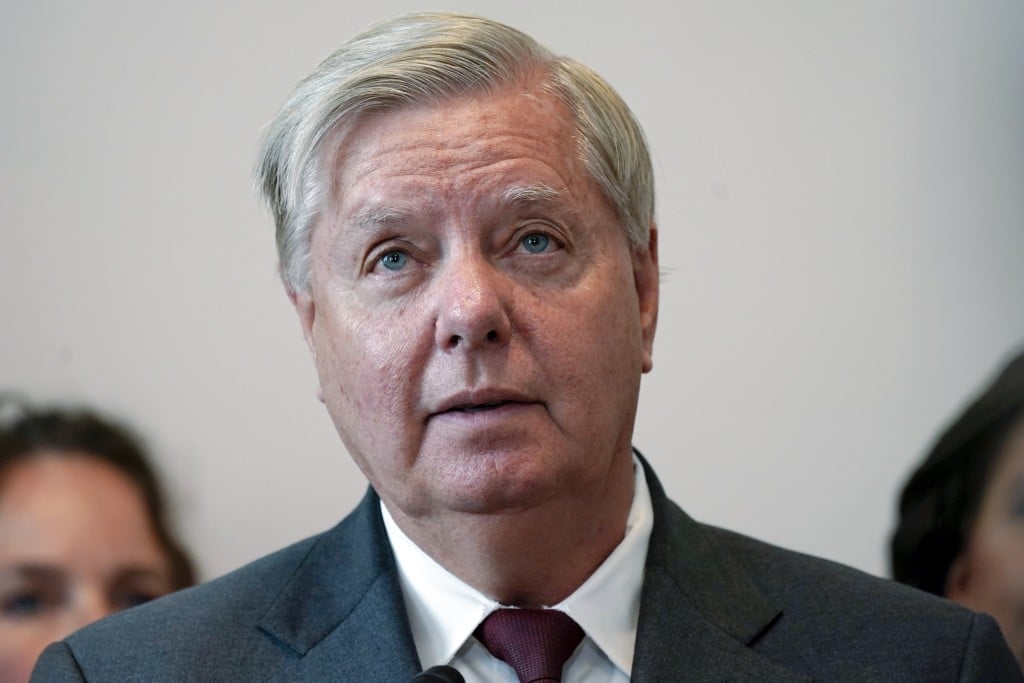Senate votes to force labor agreement and avert a potential national rail strike
The senators on Thursday voted on three outcomes to end the labor dispute.
ABC NEWS—The Senate on Thursday voted to force a labor agreement to try and avert a looming strike of the nation’s railway workers.
A bipartisan majority of senators approved a House bill that will codify a tentative agreement between the rail companies and rail unions, which was brokered in September and subsequently rejected by some of the workers.
The Senate separately voted down two additional provisions to address the labor dispute: whether to institute a 60-day extension of the cooling-off period between both sides and whether to grant workers seven days of paid sick leave.
The first vote, on the cooling off period, failed 69-26.
The second vote, to add seven paid sick days for workers, needed 60 votes to pass and fell short with a 52-43 total. Six Republicans — Lindsey Graham, Josh Hawley, Marco Rubio, Ted Cruz, Michael Braun and John Kennedy — voted to add sick leave while one Democrat, Joe Manchin, voted no.
The third vote, to uphold an agreement negotiated by the White House between freight employees and their bosses in September, passed 80-15. Five members of the Democratic caucus — Bernie Sanders, an independent, as well as John Hickenlooper, Kirsten Gillibrand, Elizabeth Warren and Ed Merkley — voted no.
President Joe Biden has vowed to quickly sign the labor agreement into law.
The Senate’s move to try and end the labor fight comes as the White House has emphasized that they believe the chamber needs to send legislation “by this weekend” to avert a work stoppage or the nation could see potentially “devastating effects,” given how much of the economy relies on rail to move goods.
The workers’ unions reacted with open dismay, they said, at the government’s intervention and Biden has described himself as a “proud pro-labor” president who made a difficult decision for the good of the larger economy.
At Biden’s urging, the House on Wednesday passed a law enforcing the September tentative agreement plus separate legislation to add sick days for workers, which had become a major sticking point in the unsuccessful negotiations.
Representatives voted 290-137 to adopt the deal between the rail companies and employees that was negotiated by the White House and 221-207 for the sick leave — a key provision in addressing progressive Democrats’ concerns to further protect workers.
Sanders had been urging his colleagues to consider boosting paid leave provisions for the rail workers and spoke on the floor between votes.
“Workers who do difficult and dangerous work have zero paid sick days. Zero. You get sick, you’ve got a mark against you. Couple of marks, you get fired. This cannot and must not happen in America in 2022,” he said.
Senate Majority Leader Chuck Schumer announced the commencement of votes after a luncheon meeting with Transportation Secretary Pete Buttigieg and Labor Secretary Marty Walsh concluded.
“I’m very glad that the two sides got together to avoid a shutdown which would be devastating for the American people, the American economy and so many workers across the country,” Schumer said on the Senate floor.
Biden said on Thursday that Congress would get a deal done to avert a railroad shutdown and that paid sick leave for those union workers would not be “within this agreement.”
He warned that if the nation’s rails were to close over the labor dispute, “It’s going to immediately cost 750,000 jobs and cause a recession.”
“We’re going to avoid the rail strike, keep the rails running, keep things moving, and I’m going to go back and we’re going to get paid leave, not just for rail workers but for all workers,” he insisted.
The Transportation Trades Department, a department of the AFL-CIO union, on Thursday said they “unequivocally and wholeheartedly” did not support a cooling off period extension past the current deadline of Dec. 9.
“Freight railroads have made it clear that they are not interested in further negotiations with rail unions. Thus, any proposal to further extend the cooling off period would yield zero progress. Rather, an extension would simply allow the railroads to maintain their status quo operations while prolonging the workforce’s suffering,” Greg Regan and Shari Semelsberger, president and secretary-treasurer of TTD, said in a joint statement.

